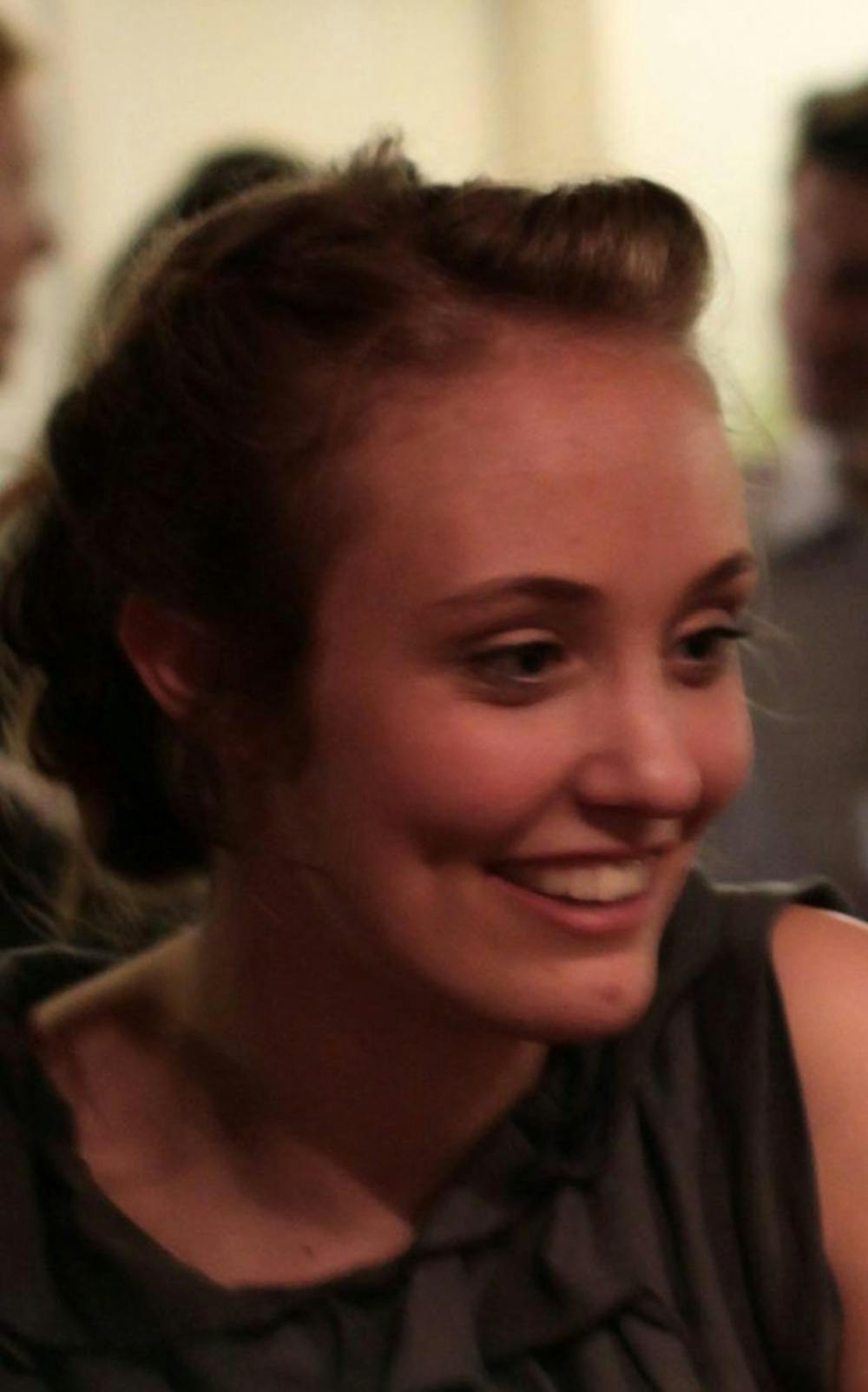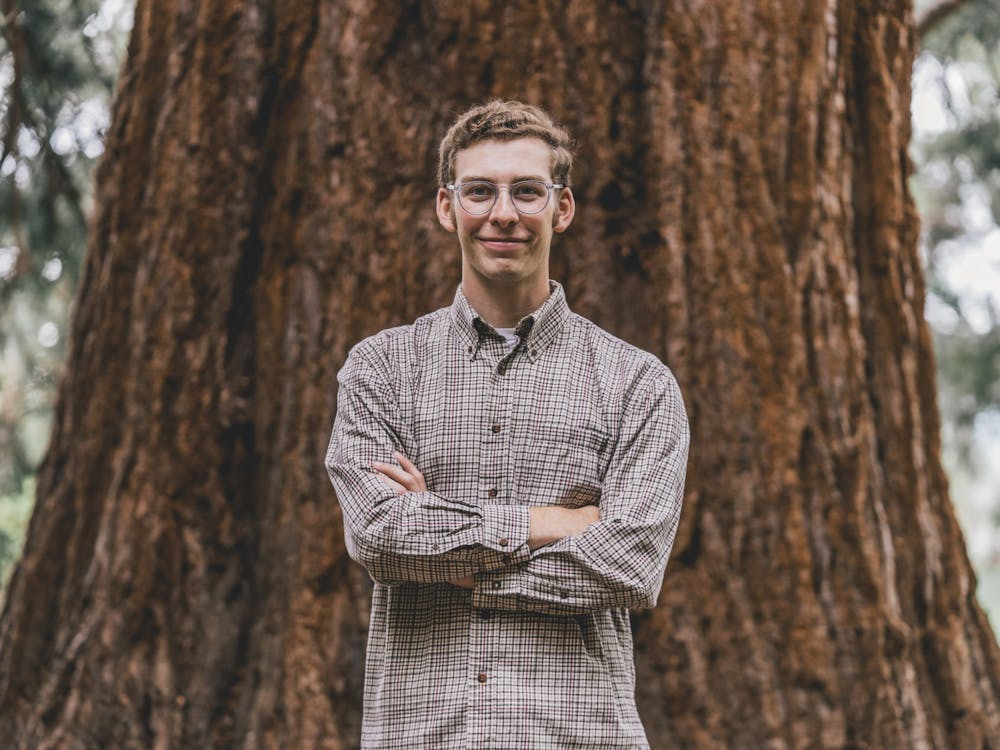(//www.fi.edu/learn/brain/index.html)
By Danielle Larson, Guest Commentary -- The Beacon
"I think therefore I am." The immortal words of Descartes pondered by every UP student in PHL 101 are the philosopher's best attempt at answering the many questions surrounding the nature of human consciousness.
Sigmund Freud defined consciousness as everything inside our awareness, and tackled the issue of conscious and unconscious thought. No matter what your field of study – philosophy, or psychology, computer science, nursing, – you will inevitably ponder questions like: "What is it that makes me human? How do I know that your experience of the world is the same as mine? Do I have a soul?"
Let's just ask one question: What is it about humanity that gives rise to conscious subjective experience?
As advances in neuroscience allow us to know more about the brain than ever before, scientists and psychologists basically agree subjective experience (consciousness) both springs from and causes physiological responses. For example, alcohol changes the chemistry within your brain and consequently, your subjective experience. Advances in brain scans have also allowed us to observe thoughts – we can see which parts of the brain "light up" when you have certain thoughts.
Consequently, the worlds of psychology, computer science, neuroscience and others have come to accept that the brain is basically just a complicated computer, and consciousness arises from complex computational processes in the brain.
However, these advances have not brought us closer to understanding the tie between a series of biological processes and the phenomenon of consciousness. And as the Catholic Encyclopedia points out, the world of psychology has been too timid to use the word "soul" to bridge that gap, instead hiding behind the term "mind" to describe human consciousness. The Church calls the mind "the thinking principle – the highest and most spiritual energy of the soul, separable from the body, and immortal." Are these beliefs reconcilable? Can there be a biological system inextricably intertwined with consciousness, and yet that is governed by a soul that is separable from the body?
Dr. Stuart Hameroff, Director of the Center for Consciousnesss Studies, has a theory that just might do it – quantum consciousness. Let's go 25 orders of magnitude smaller than an atom to really, really tiny land – it's called Planck Scale Geometry, and it's the smallest level of stuff we know about. We know that the itty bitty bits of information at this level "give rise to irreducible features in physics, like mass, spin and charge."
Bear with me, because things are about to get crazy.
What if we didn't just exist at the level of neurons and cells? What if we exist at the quantum level, in really, really tiny land?
Hameroff's theory is that things in our world contain information at the quantum level, and that we as conscious beings have not just biological, but quantum processes in our brains which allow us to process that information. So when I look at the rose, it's not just photons entering my eye and causing a series of neurological signals, it is quantum information interacting with quantum biology.
Hameroff calls this a "spacetime event in consciousness." I'm not just seeing that rose, I'm experiencing it at a quantum level of my consciousness.
Here's what totally blew my mind: This is a plausible scientific explanation for "interconnectedness among living beings via quantum entanglement" and "the possibility of afterlife or consciousness outside of the body."
Hameroff explains that, with quantum consciousness, even if the body dies the quantum information connecting it to space-time wouldn't be destroyed, so the information could remain entangled in space-time. The soul could survive after the body is destroyed.
This is one of many scientific theories, and I mean to present it here as just that. But I also want to ask "What if?"
What if we aren't just biological processes in the brain?
What if the Western addiction to scientific proof can finally reconcile itself with what religious sages have been saying for generation upon generation?
What if we can someday scientifically proof the existence of the human soul?
For citations and more information, contact Danielle Larson at larsond11@up.edu
(The Beacon)








